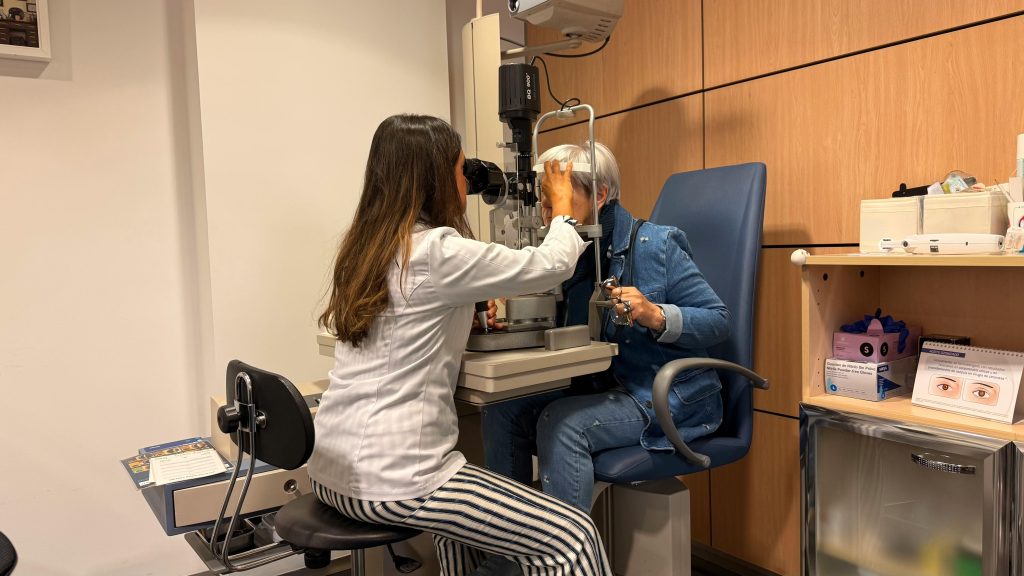As we age, our eyes go through natural changes and in some cases, age-related diseases that can affect quality of life. Understanding and managing these changes is vital to long-term vision health.

Typical age-related changes include decreased ability to focus on close objects (presbyopia), slower light adaptation, increased sensitivity to glare, difficulty distinguishing contrasts, dry eyes and tearing. While reading glasses often solve presbyopia, other eye changes may need professional attention. The four most common serious eye conditions Canadians should be aware of as they age are as follows.:
- Cataracts: a clouding of the eye’s lens that can cause blurred vision and difficulty driving at night. While aging is inevitable, lifestyle choices matter. Eating a diet rich in antioxidant vitamins (A, C, E), lutein, zeaxanthin, zinc and omega-3s may slow progression. UV exposure, tobacco use and high blood sugar increase risk, so sunglasses with UV protection, quitting smoking and managing chronic conditions like diabetes are key.
- Age-related macular degeneration (AMD): one of the most common causes of poor vision after age 60 and primarily affects central vision. There are two types of AMD: “dry” AMD and “wet” AMD. Risk factors include smoking, poor diet, excessive UV exposure and inactivity. Research shows that antioxidant supplements (vitamins C, E, zinc, lutein, zeaxanthin) can cut AMD progression by about 25 per cent in those at moderate or high risk.
- Glaucoma: often symptomless in early stages, it damages the optic nerve by increasing the pressure inside your eyes. Regular eye exams are critical, as are healthy habits: moderate exercise, balanced diet, controlled blood pressure and weight help manage risk .
- Diabetic retinopathy: an eye condition that can cause vision loss and blindness in people with diabetes. It occurs when high blood sugar levels damage the blood vessels in the retina, the light-sensitive tissue at the back of the eye. Over time, this damage can lead to vision problems and, if left untreated, can result in blindness.
Healthy lifestyle choices aren’t just good for your overall health; they’re vital for protecting your vision as you age. While these habits can lower the risk of developing serious eye conditions, it’s also important to recognize the critical role ophthalmologists play. They’re essential in diagnosing, managing and treating eye diseases, and can offer effective medical and surgical options when needed.
With the support of Specsavers, the “My Corner of Canada” photography contest is helping showcase the role of vision in connecting Canadians by having participants submit photos showing what their community means to them. You can find more information at seethepossibilities.ca.

